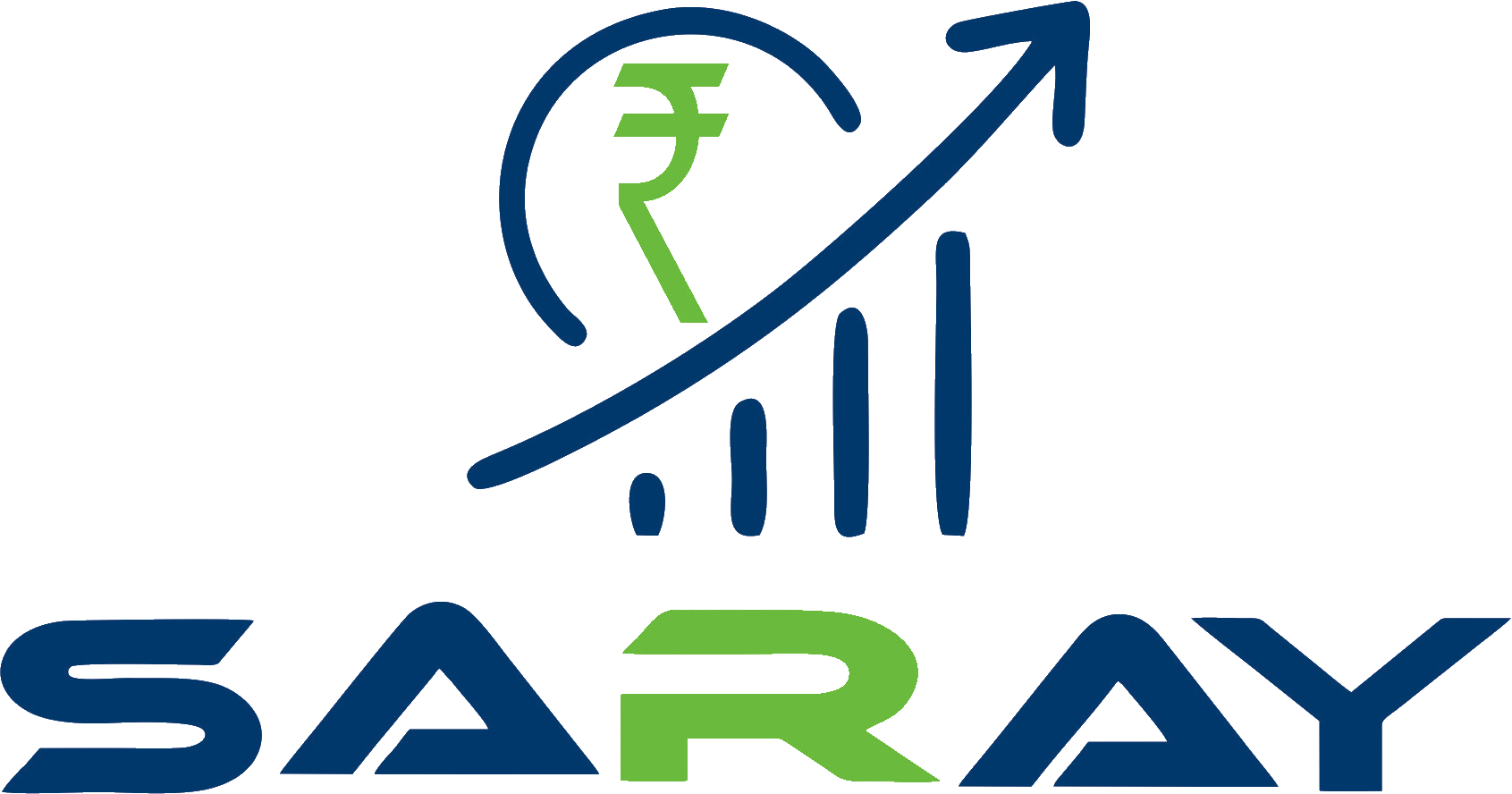Traditional Business Management Services
- Home
- Traditional Business Management Services
Book Keeping
Traditional bookkeeping and business management services encompass a range of fundamental tasks essential for maintaining the financial health and operational efficiency of a business. Here's an overview:
Bookkeeping: This involves recording financial transactions, maintaining accurate records of income and expenses, and organizing financial data. Bookkeepers typically use accounting software to track transactions, reconcile bank statements, and produce financial reports.
Accounts Payable and Receivable: Managing accounts payable involves tracking and paying bills owed by the business, while accounts receivable involves invoicing customers and tracking payments received. Ensuring timely payments and collections is crucial for maintaining cash flow.
Payroll Processing: Calculating employee wages, withholding taxes, and issuing paychecks or direct deposits are part of payroll processing. Compliance with tax laws and regulations is essential in this area.
These traditional business management services are foundational to the success of businesses across various industries, providing the necessary financial structure and support for sustainable growth and profitability.
HR Management
Human Resource (HR) management involves the strategic approach to the effective management of people within an organization to help achieve its goals and objectives. Here are some key aspects of HR management:
Recruitment and Selection: HR professionals are responsible for attracting, screening, and selecting qualified candidates for job openings within the organization. This process may involve creating job descriptions, posting job advertisements, conducting interviews, and making hiring decisions.
Performance Management: HR oversees performance appraisal systems to evaluate employee performance, provide feedback, and identify areas for improvement. This may involve setting performance goals, conducting performance reviews, and implementing performance improvement plans.
Training and Development: HR is responsible for identifying training needs, developing training programs, and facilitating employee development initiatives. This may include technical skills training, leadership development, and career advancement opportunities.
Strategic Planning: HR collaborates with senior management to align HR strategies with organizational goals and objectives. This involves workforce planning, talent management, and succession planning to ensure the organization has the right people in the right positions to drive success.
GST & Income Tax Return Filling
GST (Goods and Services Tax) and income tax return filing are essential compliance requirements for businesses and individuals, respectively, in many countries.
GST (Goods and Services Tax): GST is a consumption tax levied on the supply of goods and services at each stage of the supply chain.
Income Tax Return Filing: Income tax is a tax levied on the income earned by individuals, businesses, and other entities.
Both GST and income tax return filing require accurate record-keeping, compliance with tax laws and regulations, and timely submission of returns to avoid penalties and legal consequences. Many businesses and individuals seek the assistance of tax professionals or use tax filing software to ensure compliance and minimize tax liabilities.
